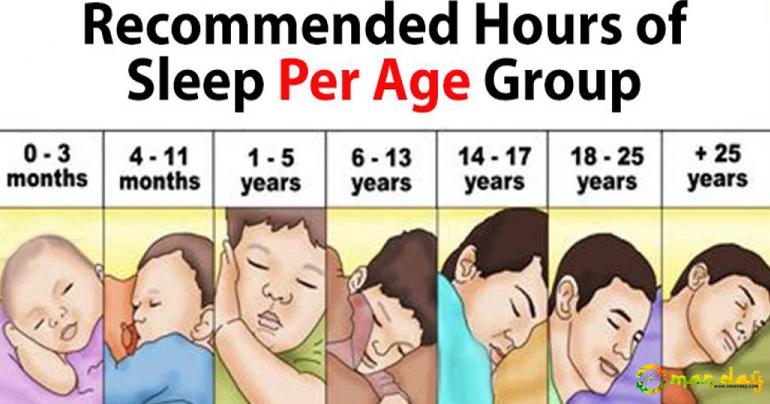This Is How Long You Should Sleep to Avoid Diseases, Says the National Sleep Foundation
It seems like most people don’t much sleep these days. And when they do get sleep it tends to be poor quality.
When is the last time you woke up feeling rested?
Lack of rest can make a major impact on the quality of your life, it not affects your mood but your overall health. At a minimum, going through life slightly irritated and tired is no way to live.
Now we have science that can explain what’s going on in our brains with regard to sleep and the lack thereof.
It’s clear that quality sleep promotes optimal brain function. It plays a major role in organizing your thoughts and memories so that you remember what’s important (especially in terms of survival). Good sleep also tunes-up your learning and problem-solving abilities.
As if we don’t have enough things trying to make us sick, poor sleep habits and insomnia can lead to developing numerous chronic diseases, according to a Harvard study.
Dr. Charles Czeisler, a professor at Harvard University, suggests the sleep schedule below:
- Newborn (0 to 3 months): 14 to 17 hours.
- Babies (4 to 11 months): 12 to 15 hours.
- Children (1-2 years): 11 to 14 hours.
- Preschool (3-5 years): 10 to 13 hours.
- School age (6-13 years): 9 to 11 hours.
- Teens (14 to 17) : 8 to 10 hours.
- Youth (18-25 years): 7 to 9 hours.
- Adults (26-64 years): 7 to 9 hours.
- Seniors (over 65 years): 7 to 8 hours.
To be clear, we are all individuals and there is room for deviation from this sleep map. For instance, I know of people who truly feel rested from 6 hours sleep. That is just how their body/genetics render sleep for them.
...[ Continue to next page ]
Share This Post






